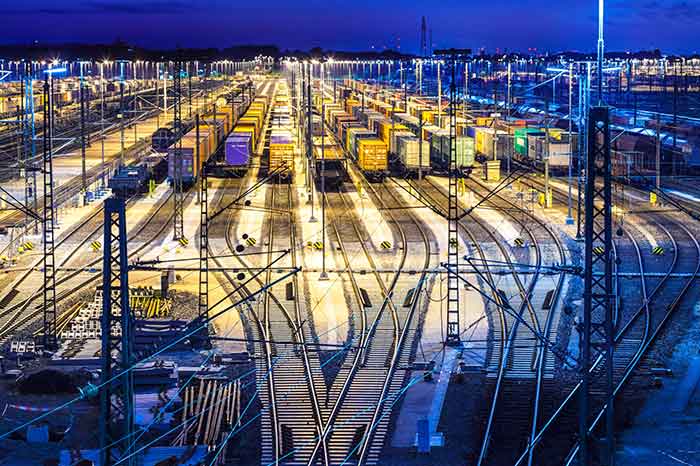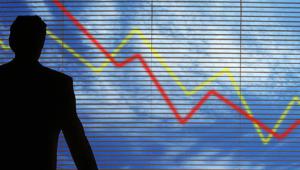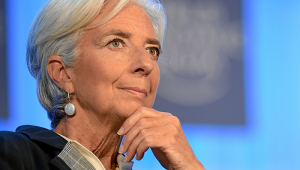web_freighttrains_istock_000052980212_medium.jpg

The OECD warned that global growth is being dragged down by "exceptionally weak" trade, suggesting globalisation, long a key engine for the world's economic growth, is stalling.
The Paris-based think-tank has downgraded its estimates for global growth slightly from its June forecast, from 3% to 2.9% due to “exceptionally weak” trade.
Global trade growth has slowed to half of the rate before the economic crisis, it warned, suggesting the growth engine of globalisation is spluttering.
“This is well below past norms and implies that globalisation as measured by trade intensity may have stalled,” the review stated. Loss of value in global supply chains, concentrated in east Asian countries like China, which is trying to rebalance its economy away from manufacturing and exporting, were a factor.
The rise of protectionist sentiments that reverse trade liberalisation and deep recessions in commodity exporting economies had also compounded the problem, according to the group.
“If sustained, the trade slowdown will undermine already weak productivity growth and in turn hurt prospects for raising living standards.”
As the International Monetary Fund’s managing director Christine Lagarde has recently noted, around the world many citizens feel the promises of globalisation were false.
The growing public backlash has seeped into politics, reflected in the Brexit vote, recent protests across Europe against planned free trade deals with Canada and the United States, and the protectionist policies of US presidential candidate Donald Trump.
The US annual growth forecasts, trimmed by 0.4 percentage points on June’s estimates to 1.4%, were looking especially weak, according to the OECD. The IMF has also hinted it will cut its predictions for the world’s biggest economy in its next world economic outlook.
While Britain’s 2016 growth outlook got a 0.1 percentage point boost, to 1.8%, the OECD cut its forecasts for 2017 by half to 1% due to uncertainty about Britain’s access to the European single market following the Brexit vote.
Catherine Mann, the OECD’s chief economist, said the picture for global growth was not pretty, and that a 2.9% growth rate across the board would likely lead to more broken promises for citizens.
In a recent interview with PF, Mann explained that economic theorists around the world have long known that globalisation created winners and losers. She lamented that bodies like the OECD had relied on domestic policymakers to countervail this – “we can’t be like that anymore,” she said.
In the outlook report, the OECD also called for governments to use the extra fiscal space created by low interest rates to invest in human capital and physical infrastructure to promote short-term demand, long-term output and inclusiveness.
Mann stressed that the sharp slowdown in global trade reflects the difficulty in exiting the low-growth trap, and called on countries to reduce their over-reliance on central banks to ensure opportunity and prosperity for future generations.
In Japan, where economic strategy has been characterised by negative interest rates set by the central bank, growth will remain “weak and uneven”, at 0.6% this year and 0.7% the next, the OECD predicts.
While the think-tank expects India’s growth to remain robust in both 2016 and 2017, at 7.4% and 7.5% respectively, it said China’s transition to a more sustainable growth model would continue to be bumpy. Growth in the country is forecast at 6.5% and 6.2% for this year and next year.
Brazil’s devastating recession is expected to continue its downward march, with GDP shrinking by 3.3% this year and by another 0.3% the year after.
Growth in the euro area will also remain sluggish, at 1.5% in 2016 and 1.4% in 2017.













